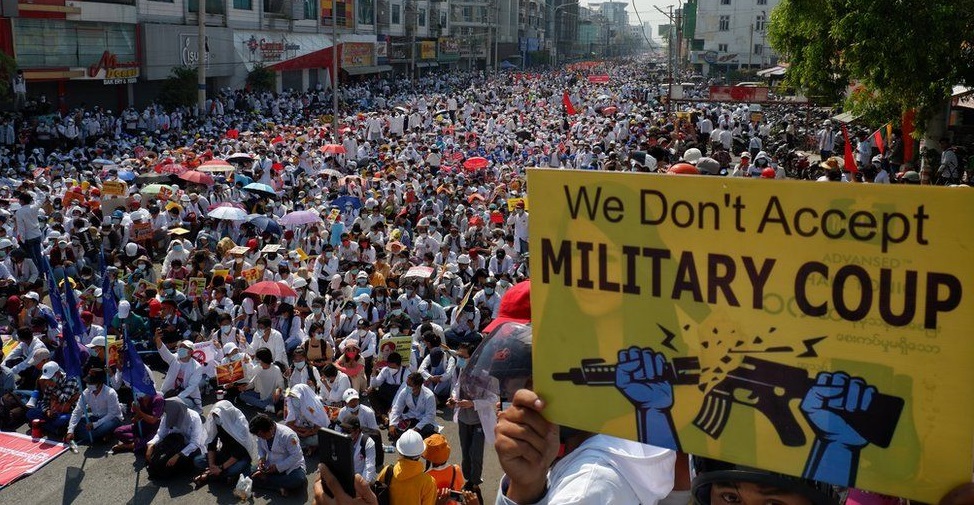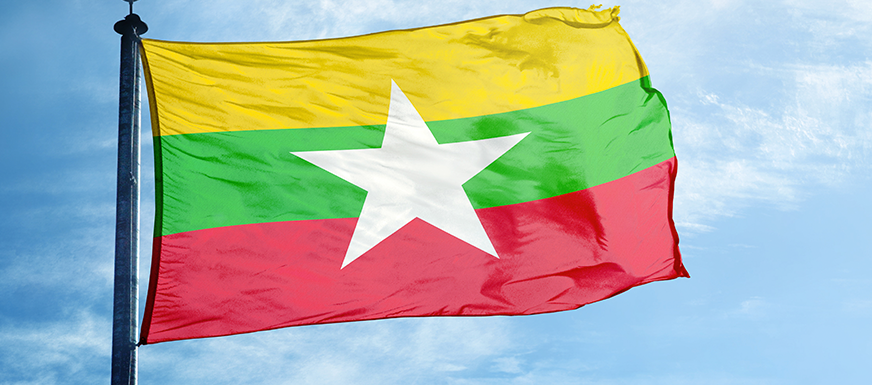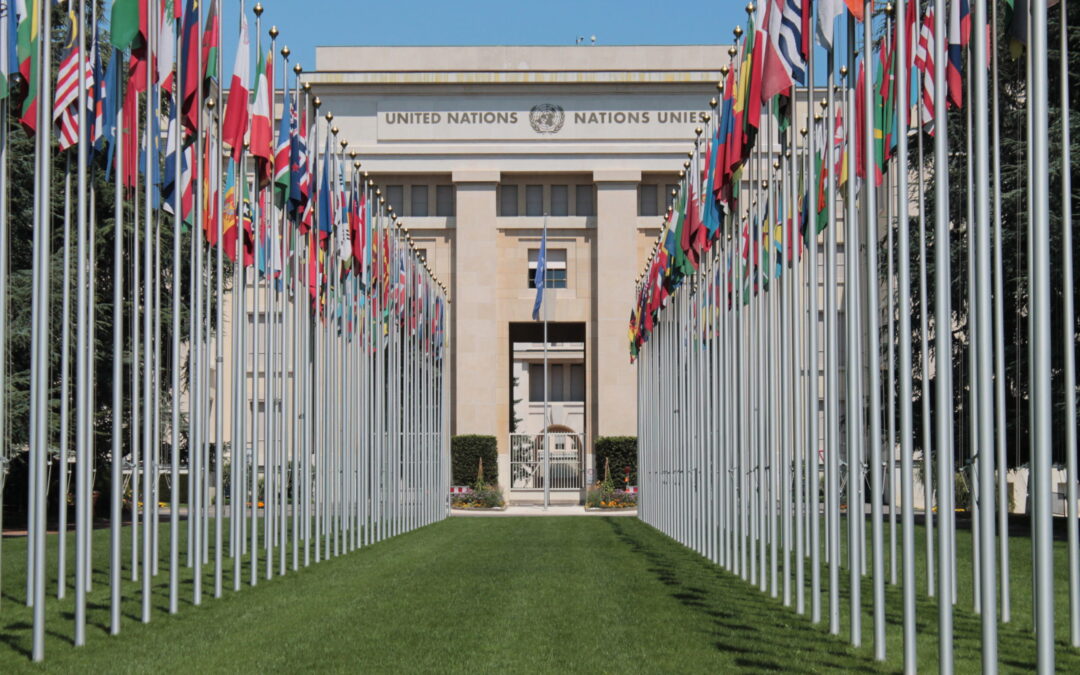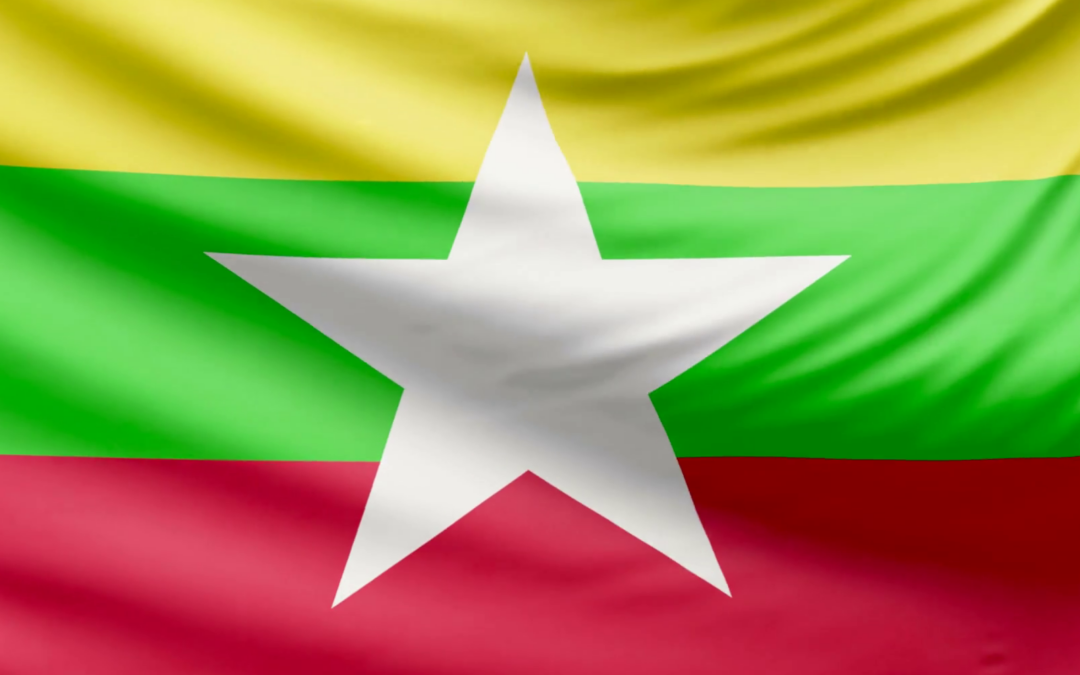
Myanmar: Abysmal human rights and rule of law situation deteriorates further three years after the coup
As the absolute military rule enters its fourth year with an extension of the state of emergency, widespread and systematic human rights violations continue to be perpetrated daily against large number of peoples in communities throughout Myanmar with impunity, the International Commission of Jurists (ICJ) said today.
Arbitrary arrests and detentions and unsound convictions
Widespread gross human rights violations, many of which amount to crimes under international law, have taken place in a climate of near absolute impunity, with rampant arbitrary arrests, torture, detention and convictions for political reasons.
“Respect for human rights and the rule of law has disappeared three years after the coup d’état,” said Melissa Upreti, ICJ Regional Director for Asia and the Pacific. “The military junta has continued committing gross human rights violations, including by arbitrarily arresting, detaining, torturing and summarily executing those who have dared to oppose their illegitimate regime.”
The military junta has effectively weaponized its all-encompassing control over the legal and administrative system, with main targets including real or perceived political opponents, such as former government officials, human rights defenders, lawyers, journalists and ethnic and religious minorities.
Credible information indicates that at least 25,000 individuals have been arbitrarily arrested and detained since the start of the coup, often solely in relation to their exercise of their right to freedom of expression, peaceful assembly and association. Around 8,000 have been convicted based on spurious charges, and at least 119 political prisoners remain on death row.
These figures are a grim reminder of the extent to which the rule of law has completely collapsed in Myanmar. The convictions of people for political reasons have taken place in proceedings that flagrantly violate the essential fair trial and due process guarantees established under international law:
- Many have been summarily tried and convicted in closed-door proceedings either in civilian courts located in prisons, or in military courts;
- Lawyers have been obstructed from meeting and representing detainees, and have themselves been subject to arbitrary arrests and detention in relation to their work;
- Convictions are typically based on spurious and unsubstantiated charges, and “confessions” that were reportedly obtained through torture and cruel, inhuman or degrading treatment have been unlawfully relied on in these convictions; and
- Other violations include the suspension of habeas corpus; and particularly for closed-door military tribunal proceedings, violations of the right to be present at one’s trial, the right to be represented by counsel and the right to appeal.
Prison conditions and treatment of detainees
“Detainees are being held in prisons and detention facilities in horrific conditions that run afoul of international law and standards governing the treatment of prisoners. Violence, much of which amounts to torture, is a daily reality for detainees, with women and LGBT detainees being subjected to targeted forms of cruelty and abuse, as a form of punishment and to instill fear. Unlawful deaths in custody are a common occurrence and remain unaccounted for,” added Upreti.
There is credible evidence that detainees are being subjected to severe beatings with sticks, wire ropes and guns, electrocution, mock execution, and burying alive. Women and LGBT detainees have reported cases of rape, invasive strip searches, sexual harassment and mutilation of genitalia.
Furthermore, reports have emerged of the severe overcrowding, poor hygiene and sanitation, lack of access to healthcare and insufficient food in detention facilities. There are also credible reports of religious minorities being prohibited from practicing their religion while in detention.
Continued failure to restore democratic institutions and violence against civilians
These widespread systematic human rights violations are taking place against the backdrop of the military extending its unlawful declaration of a state of emergency on 31 January 2024 and prolonging its unlawful, arbitrary and abusive exercise of authority. This reneges on its promise to hold national elections in August 2023, which, even if they had been carried out, would likely have been shambolic amidst the ongoing crackdown on perceived political opponents.
Numerous separate armed conflicts continue to rage within the country, involving the Tatmadaw (Myanmar’s army) and anti-military armed groups. In carrying out its military operations, the military has unlawfully attacked civilians taking no part in hostilities, including direct, indiscriminate or disproportionate attacks on civilians and civilian objects from aerial bombings; mass extrajudicial executions of civilians and detained combatants and large-scale and intentional burning of civilian homes and buildings, including religious infrastructure. As noted by the Independent Investigative Mechanism for Myanmar (IIMM), these constitute “strong evidence indicating that serious international crimes are being inflicted against the people in Myanmar”.
Recommendations
“For Myanmar to return to the path of establishing itself as society based on rule of law, human rights and democracy, the first step is to end the state of emergency and all of the unlawful actions of the military regime that flow from it, including the prevailing impunity,” stressed Upreti. “The military regime and its members must be held accountable, the complicity that enables them must end and the human rights of all people in Myanmar must be fully restored.”
The ICJ reiterates its calls on the military to:
- Return the country to a civilian government and restore democracy;
- Immediately cease systematically violating the rights of persons for political reasons, including by releasing all people arbitrarily arrested and detained, and allowing the country’s institutions to function independently and impartially; and
- Immediately cease all practices of torture, extrajudicial killings, arbitrary detention, and flagrant fair trial violations.
The ICJ urges all UN Member States to:
- Keep up its pressure for the peaceful transfer of power to a democratically elected government;
- Increase support for coordinated documentation and accountability efforts by ensuring that the IIMM, Special Rapporteur on the situation of human rights in Myanmar and Office of the United Nations High Commissioner for Human Rights are given adequate resources to continue their important functions as effectively as possible; and
- Hold perpetrators of serious crimes under international law accountable, including by exercising universal jurisdiction over these crimes in domestic courts.
Contact
Melissa Upreti, ICJ Regional Director for Asia and the Pacific, e: [email protected]
Daron Tan, ICJ Associate International Legal Adviser, e: [email protected]
Further Reading
ICJ, “Myanmar: Two years after the coup, country further than ever from democracy and the rule of law”, 2 February 2023
ICJ, “Myanmar: A year after military takeover, no rule of law or judicial independence”, 10 February 2022



